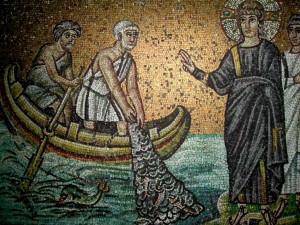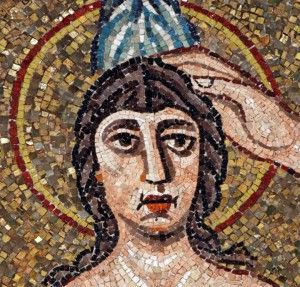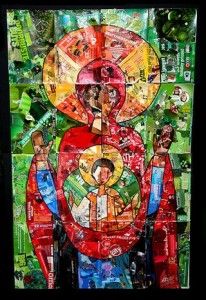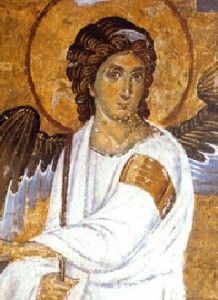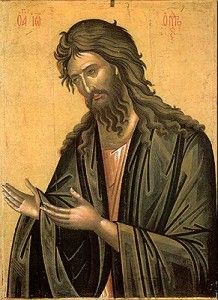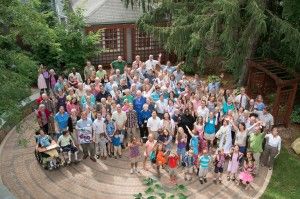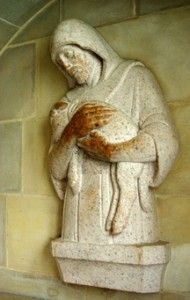Last week, we started a journey with Jesus in the wilderness. Wilderness can mean different things to each person. It can mean wandering, grieving, loneliness, pondering life, and it can mean feeling like we don’t belong. In this story about Jesus flipping tables in the marketplace, he is expressing his compassion for those who feel like they don’t belong. His public outrage is meant to change the system.
When Jesus was in the wilderness, he discovered in himself a man who is committed to feeding the hungry, healing the sick, and welcoming the downtrodden and poor into his Holy Circle. After the wilderness time, he begins his three year public ministry making sure that people who USED to feel like they didn’t belong, feel like they belong now. Creating places and spaces where everyone belongs can be a difficult and profoundly passionate ministry. It takes energy, resilience, and a bit of anger towards the current system.
One of my neighbors feels called to create safe havens for dogs. He is a dog rescuer. Last week, he went to work and accidentally left the gate to his yard open. Preoccupied with something else, he was unaware of his mistake. Later in the morning, when his wife went to let the dogs inside, one of them was gone. Peyton had escaped.
Peyton has an interesting story. She was rescued from a puppy mill. In this mill, she was kept in a small cage and used as a breeding dog. She never walked or ran. She barely ate. Litter after litter, she produced puppies. She never left her cage. When she was unable to produce large litters anymore, she was flown to Massachusetts and delivered to my neighbor’s house. He described her like this: “She had no muscles. She could only crawl across the floor on her belly.” That was two years ago.
So last week, when she escaped in the middle of a snowfall, everyone panicked. Flyers with Peyton’s photo went into stores, homes, offices, and schools. People in pizza shops sat in their windows and watched the street for possible sitings. Dunkin’ Donuts employees sent out alerts to all their drive thru customers. The whole neighborhood united around this dog’s return, trying to make sure that she felt like she belonged.
When they got home, Peyton surprised everyone. Rather than cowering in the corner and reverting back to her old self, she had a bit of a strut about her. Almost as if, out there in the wilderness, she gained a sense of purpose. Her spirit of resilience and pride rose up and reminded her that she DID belong somewhere. She did have a place where she was cherished. She didn’t have to pay for a loving relationship.
When we know that we belong, we are safe. When we know that we belong, that we can BE ourselves and strut our spirits, that being vulnerable is OK – systems change. Jesus spends his three year ministry creating a community where people know they belong, they can be themselves and strut their spirits. He creates a community where being vulnerable because you are hungry, poor, sick, or scared – makes you powerful; where being in a relationship with God is free!
Today, on this second Sunday in Lent, while we continue to walk through the wilderness with Jesus and with one another, remember that you belong in this Holy circle. Just as you are, you belong. And our work together is to be sure we create safe havens for anyone who needs a safe place, and to let them know that they belong in this God-circle too. AMEN.
Laura Biddle, Interim Pastor
